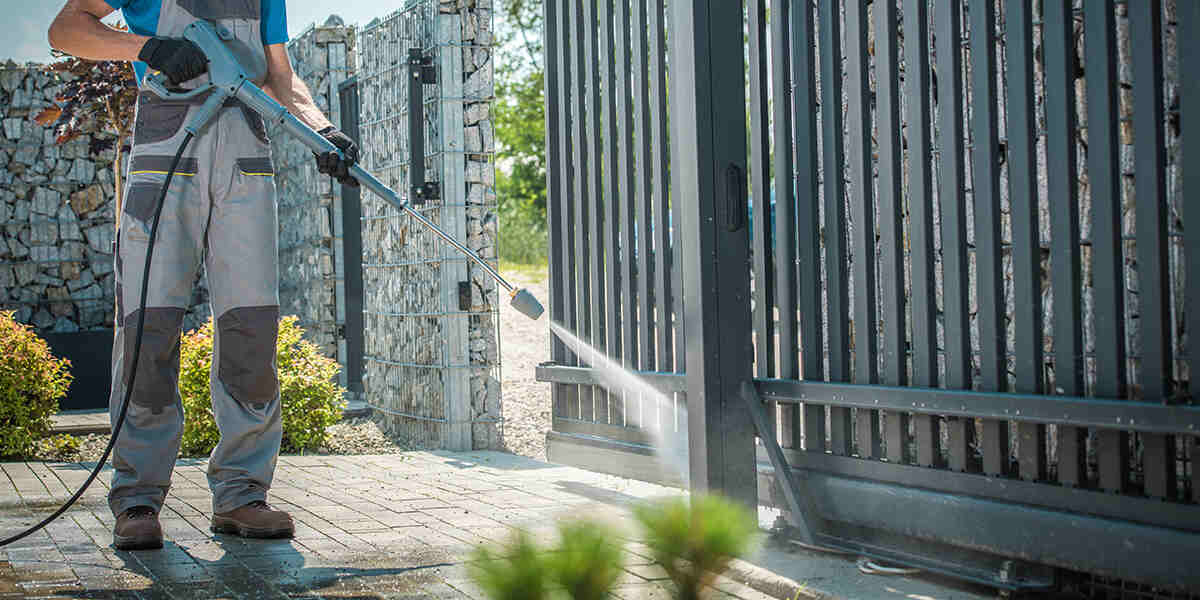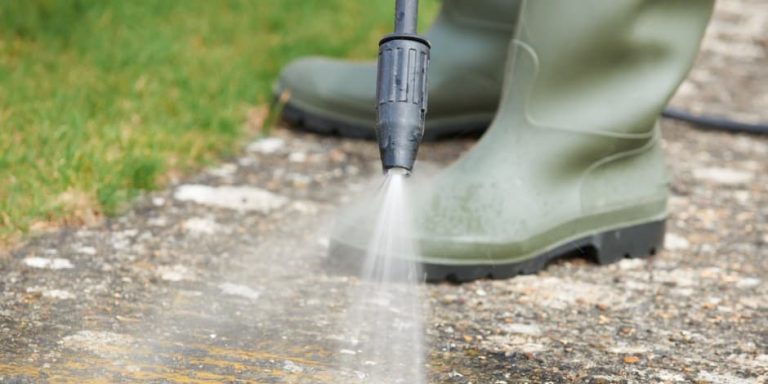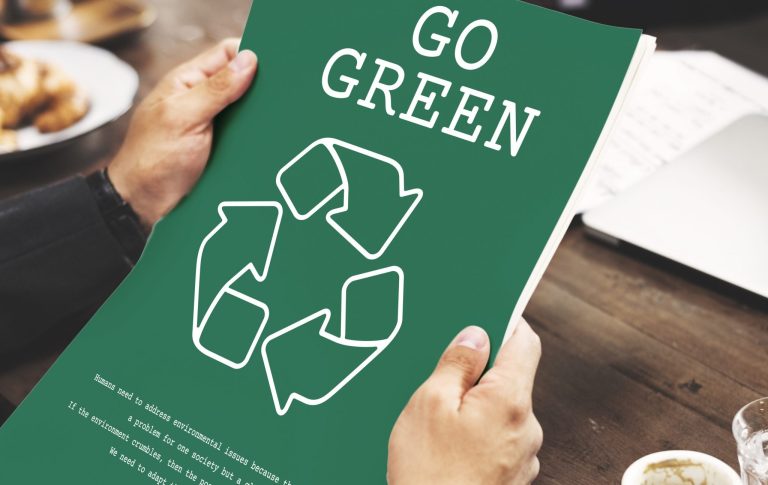
Environmental sustainability isn’t just a policy—it’s a collective mindset. And when it comes to power washing, community education plays a vital role in ensuring that best practices are adopted not just by contractors, but by homeowners, businesses, and even city planners. 📣🏘️
In this article, we explore why community outreach matters in power washing, how education helps reduce pollution and misuse, and ways contractors and city leaders can work together to build cleaner, greener neighborhoods.
💭 Why Education Matters in Power Washing
While pressure washing seems straightforward, it comes with many hidden environmental risks, such as:
- Overuse of water in drought-prone regions 💧
- Discharge of harmful chemicals into storm drains ☣️
- Runoff that kills plants and pollutes streams
- Excess noise and fuel emissions from improper scheduling
Many residents and small business owners don’t realize that:
- Certain chemicals are banned in their area
- Runoff must be contained, not flushed into the street
- Washing at certain times is restricted or prohibited
That’s why education is essential—awareness leads to action. 🧠✅
🎯 Who Needs to Be Educated?
🧍♂️ Homeowners
Often unaware of local regulations or product toxicity. Many use consumer-grade washers without proper technique or runoff containment.
🧑🔧 Independent Contractors
May lack formal environmental training or updates on new city codes.
🏢 Businesses & Property Managers
Schedule frequent cleanings but don’t verify eco-safety or runoff controls.
🏛️ Municipal Leaders
Can mandate sustainable practices and fund community education but may lack awareness of practical enforcement.
✅ Community Education Strategies That Work
1. 📚 Host Free Workshops or Demonstrations
Offer quarterly training at community centers, schools, or business improvement districts:
- Demonstrate eco-friendly equipment and techniques
- Hand out flyers on banned chemicals
- Offer tips for drought-season water use reduction
- Provide discounts for attendees who hire certified green contractors
Browse Amazon Here For Eco-Friendly Pressure Washing Detergents
2. 🏷️ Create Informational Signage
Cities can post signs near storm drains and wash zones that say:
“This drain leads to the ocean. Please contain your runoff.”
“Eco-friendly washing only—fines apply for noncompliance.”
Simple reminders go a long way in preventing bad behavior. 🛑🌊
3. 🌐 Develop Online Resource Hubs
Contractors and municipalities can offer:
- Approved product lists
- Maps of water-restricted zones
- Tutorials and printable checklists
- Language-specific materials for wider access
4. 🤝 Partner with Local Environmental Groups
Collaborate with:
- Watershed protection alliances
- Sustainability nonprofits
- School green teams
These groups often have volunteers, funding, and trust in the community that can amplify your message.
5. 📋 Certify and Promote “Green” Contractors
Municipalities can create a certification program for eco-compliant power washing businesses and promote them through:
- City websites
- Chamber of commerce directories
- Public project bidding preference
This creates an incentive for contractors to self-educate and comply. 🧼🌿
📈 The Long-Term Benefits of Education
With proper outreach, communities can:
- Reduce fines and environmental violations
- Improve stormwater quality
- Avoid unnecessary cleanups or lawsuits
- Build stronger contractor-resident relationships
- Promote a shared culture of environmental accountability
An informed community is a cleaner, safer, more sustainable one.
🧠 Final Thoughts
Power washing is a powerful tool—but like all tools, it must be used wisely. Community education empowers everyone—residents, businesses, and cities—to do their part in protecting local water systems, soil health, and air quality.
With clear guidance, open communication, and a little creativity, we can transform pressure washing from a risk into a responsible routine. 🌎📢
Teach. Reach. Clean the right way. ✅
Browse Amazon Here For Eco-Friendly Pressure Washing Detergents






